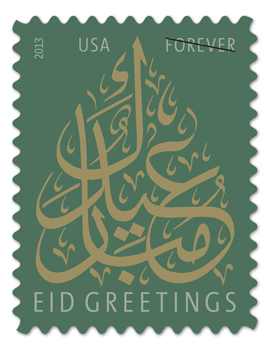The general rule in Islam is that any beverage that get people intoxicated when taken is unlawful, both in small and large quantities, whether it is alcohol, drugs, fermented raisin drink, or something else.
In his book Al-Halal wal Haram fil Islam (The Lawful and the Prohibited in Islam) Sheikh Yusuf Al-Qaradawi states the following:
“The first declaration made by the Prophet, peace and blessings be upon him, concerning this matter was that not only is Khamr (wine or alcohol) prohibited but that the definition of Khamr extends to any substance that intoxicates, in whatever form or under whatever name it may appear. Thus, beer and similar drinks are haram.
The Prophet, peace and blessings be upon him, was once asked about certain drinks made from honey, corn, or barley by the process of fermenting them until they became alcoholic. The Prophet, peace and blessings be upon him, succinctly replied, “Every intoxicant is Khamr, and every Khamr is haram.” Reported by Muslim.)
And `Umar, may Allah be pleased with him, declared from the pulpit of the Prophet, peace and blessings be upon him, that “Khamr is that which befogs the mind.” (Reported by Al-Bukhari and Muslim.)
Islam takes an uncompromising stand in prohibiting intoxicants, regardless of whether the amount is little or much. If an individual is permitted to take but a single step along this road, other steps follow; he starts walking and then running, and does not stop at any stage. That is why the Prophet, peace and blessings be upon him, said, “Of that which intoxicates in a large amount, a small amount is haram.” (Reported by Ahmad Abu Dawood, and At-Tirmidhi.) And again, “If a bucketful intoxicates, a sip of it is haram.” (Reported by Ahmad, Abu Dawood, and At-Tirmidhi.)
Prohibition of Drugs:
“Khamr is what befogs the mind.” These are the words spoken by `Umar Ibn Al-Khattab, may Allah be pleased with him, from the pulpit of the Prophet, peace and blessings be upon him, providing us with a decisive criterion for defining what falls under the prohibited category of khamr. There remains then no room for doubts and questions: any substance which has the effect of befogging or clouding the mind, impairing its faculties of thought, perception, and discernment is prohibited by Allah and His Messenger, peace and blessings be upon him, and will remain so until the Day of Judgment.
Drugs such as marijuana, cocaine, opium, and the like are definitely included in the prohibited category of khamr. [more] To read the whole fatwa on this subject, please go to the article “How much alcohol and drugs does Islam allow?”
Note from Rafik Beekun: Cocaine or amphetamine abuse have been recently linked to strokes.
CHICAGO, Illinois (Reuters) — Cocaine and amphetamine abusers increase their risk of suffering strokes, a study of Texas hospital patients showed on Monday (April 2, 2007). Such stimulants have been linked to strokes in previous research on animals and in some human studies but the analysis of more than 3 million patients treated in Texas hospitals between 2000 and 2003 found a stronger link. […]
In the study cocaine abusers had double the risk of both types of strokes — ischemic, in which a blockage cuts off blood flow to the brain, and hemorrhagic, in which bleeding occurs in the brain. […] Study author Arthur Westover of The University of Texas Southwestern Medical Center at Dallas said amphetamine abuse also was associated with a higher risk of death in hemorrhagic strokes. [more]. Please click here to read the whole article.
Video clip: This is what Meth does
Please click here to watch a clip from a documentary video about a man in the process of dying because of methamphetamine abuse and who wished all to see in order to avoid his fate.



















November 22nd, 2007 → 7:45 pm
[…] 1. Prohibition of Alcohol and Drugs in Islam. […]